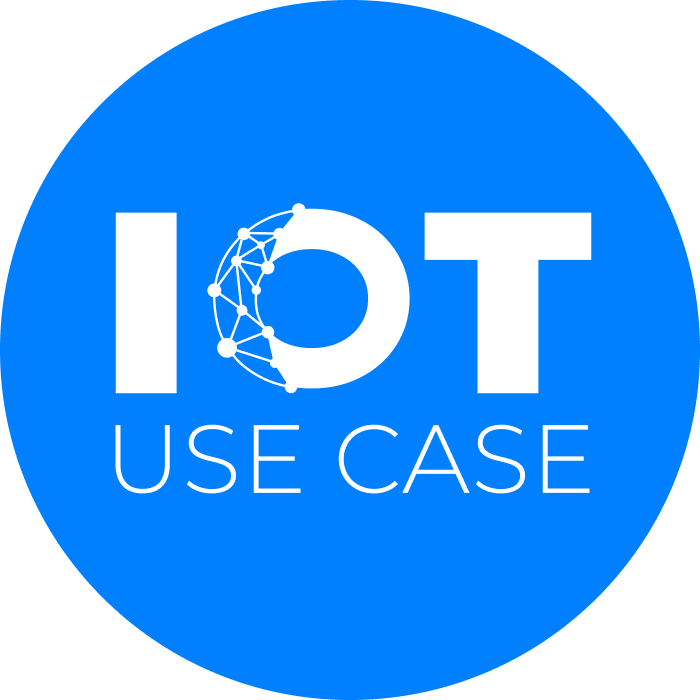Early warning systems for failure detection are widespread in industrial applications, yet the healthcare sector is only now beginning to adopt these technologies. Specifically for monitoring preterm infants, the Belgian startup Innocens is developing groundbreaking software solutions. However, these must not only fulfill their intended function but also comply with security and data protection guidelines, be easy to manage, and be regularly updated. A complex endeavor for which Innocens has found a partner: Portainer.
The Challenge: Early Detection of Sepsis in Preterm Infants Meets High Complexity in Software Updates
Preterm infants sometimes come into the world weighing as little as 400 grams and are cared for in hospitals on neonatal intensive care units – including at the University Hospital of Antwerp.
Despite continuous monitoring by medical staff and the use of vital sensors, early detection of diseases such as bloodstream infections (sepsis) in them is difficult. The data patterns are nonspecific and hard to observe in real-time, complicating timely diagnosis and treatment.
Innocens, a startup company based in Belgium and a spin-off from the University and the University Hospital of Antwerp, has developed a decision support system to detect neonatal sepsis in a timely manner. Their software aims to alert medical staff as soon as sepsis-like patterns emerge in the patient data. This innovative approach aims to close the gap in medical care and improve the treatment of the most vulnerable patients, preterm infants.
Although the technology is still being validated, Innocens is looking to the future and encountering further challenges: Several hospitals are joining forces to form a network not only to validate the technology but also to provide a breeding ground for new research and algorithms. This is intended to further improve the neonatal intensive care unit. However, the healthcare sector brings its own technical and operational requirements. With the implementation of the GDPR, hospitals have become very cautious about how and with whom they share their valuable data. Therefore, Innocens chooses a data protection approach by installing the software only on-site, within the hospital networks. This leads to great complexity in managing and updating these installations, both from a technical and a legal perspective. The challenge, therefore, was to find a solution to manage multiple remote so-called Docker containers, running on-site in each hospital, easily and securely.
No challenge is insurmountable, it just requires the right tools for the job.
The Solution: Use of Portainer for Software Installation Management
Innocens has chosen Portainer, an easy-to-use multi-cluster container management platform. It is already widely used, with over 3.4 billion downloads and over 650,000 active users – currently, however, predominantly in the industrial context, i.e., in manufacturing, energy, or the automotive industry. But it can also be used to manage the complexity of managing and updating software installations in hospitals. Portainer enables easy and secure deployment of the software directly within the hospital networks, without the need for external data sharing. This matches Innocens’ data protection approach and the technical and operational requirements in healthcare.
By using Portainer’s GitOps features and the “Portainer Edge Agent,” Innocens can quickly and securely deploy to individual hospital environments. This technology ensures compliance with security policies and standards for medical device software, which is crucial for the installation and management of medical applications.
"Because Portainer's GitOps feature listens to our existing repositories, it allows us to easily update many deployments at once. This, in turn, makes it possible for us to create pipelines that force the deployment files to comply with all our policies."
Jolan Depeter, lead software developer at Innocens
"We see lots of interest from the healthcare sector and we experience a stronger will to adopt several best practices from other industries, especially when it comes to automatizing IT processes. Portainer is very proud to be part of Innocens’s solution with its fascinating purpose.”
Tobias Mühlnikel, CPO & CTO of Portainer's Edge Business Unit

Such policies are crucial for Innocens, as well as for other manufacturers of medical devices. The new European regulation for medical devices requires a very closely monitored environment for software deployment. It must be strictly controlled which version of the software is deployed when and by whom. This is not only important to comply with regulations but, more importantly, to ensure patient safety. Portainer’s integrated role-based access controls and activity logs also ensure that no accidental or unauthorized changes occur.
The Result: Improvement of Neonatal Intensive Care and Easier Management and Updating of Software Installations
Although Innocens and its technology are still in the validation phase, the partnership with hospitals and the implementation of Portainer show the potential to significantly improve neonatal intensive care. The solution promises a scalable and compliant platform for the future of medical devices in healthcare, not only increasing patient safety but also promoting research and development of new algorithms and treatment methods.
The collaboration with several hospitals and the use of Portainer as a management tool represent an important step in validating the clinical effectiveness of the technology while simultaneously creating a framework for future innovations. This approach enables Innocens to realize its vision of improved patient care through digital technologies while meeting the challenges related to data protection and technical requirements in healthcare.
Initial studies show that the technology and the comprehensive AI module can capture a large number of sepsis episodes with a very low alarm rate. Clinical trials are underway to validate the clinical effectiveness of the technology.






